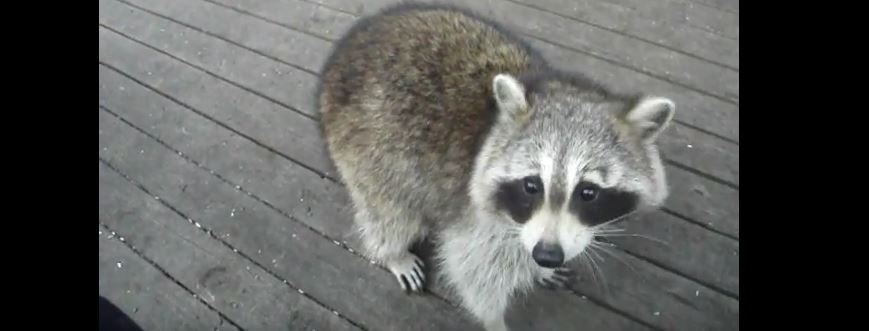Do raccoons hibernate?

The freezing temperatures with less available food during winter months can be challenging to the animals when they are in the wild. Raccoons are able to fight such challenges through adaptations that are both behavioral and physical. This helps them to keep warm and fed during the cold months, and their ability to adapt helps them to deal with challenging climates.
The raccoons, like other animals, go into hibernation or actually torpor since it is not a complete hibernation. Raccoons may sleep in a curled position in the den for many weeks, and it can lower the amount of energy it is spending. The body temperature will get low while the increased insulin production can decrease the blood sugar. During warmer days, the raccoon may wake up and then it will spend time foraging to get food before it returns to the den. This will offer many benefits to this small mammal since it can be alert enough to keep away from the predators, and it gets to know where the food can be found. The torpor may last for a long period for the raccoons found in the colder climates, and those that are found in warmer areas may never go into hibernation.
To avoid the starvation that is caused by the winter, the raccoons will build fat stores during the summer or autumn months. During the winter, the raccoons can lose from 14 up to 50 percent of their body weight. This will depend on where he lives and how severe the winter is. The fat does build at the tail and this helps a raccoon to keep warm since it wraps it against himself in the cold. The raccoons will also grow a thick coat that will help it to insulate during winter. The fur does trap the heat found closer to the skin and it does help to keep it warm outside and in the dens.
Go back to the How to Get Rid of Raccoons page or email us if you have any other questions about Do raccoons hibernate?
About Us
We are the Pest Education Network, a non-profit organization that focuses on wildlife and pest removal education. Our approach utilizes Integrated Pest Management, a strategy advocating prevention and humane methods.


